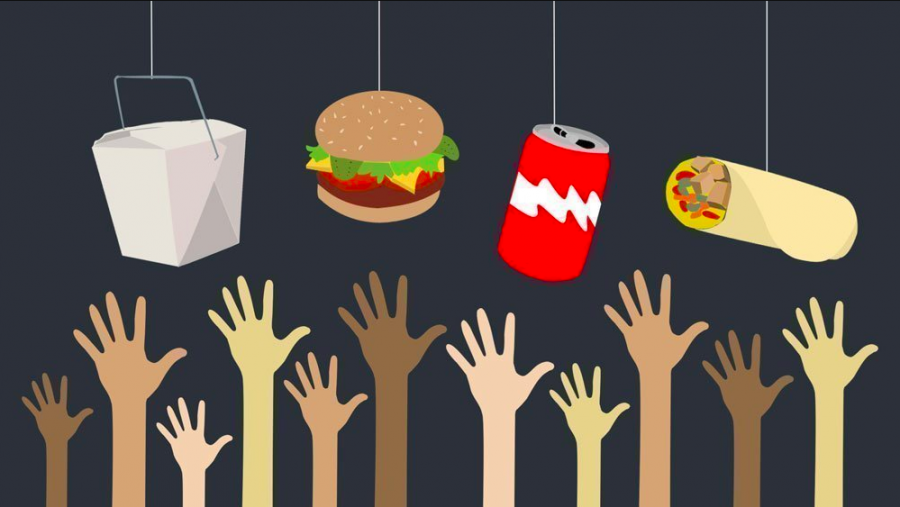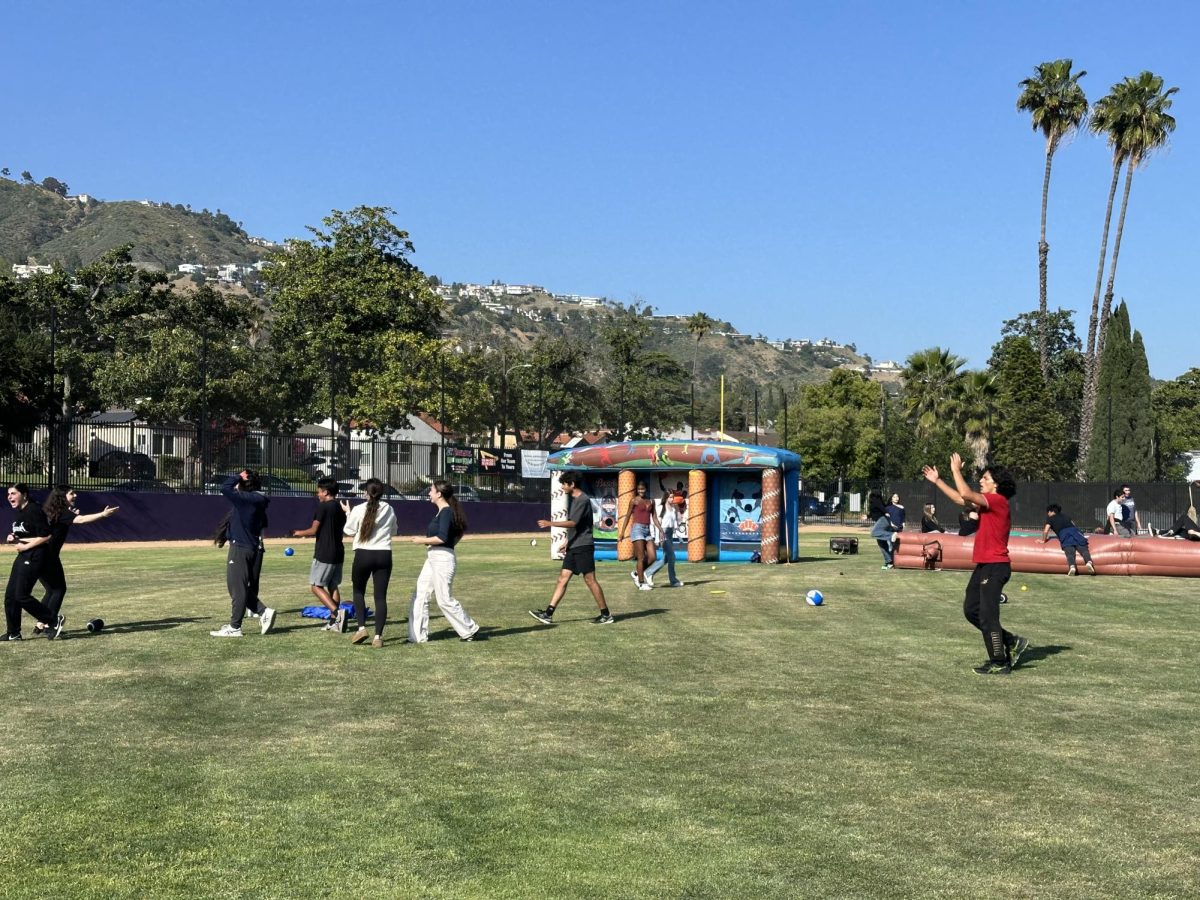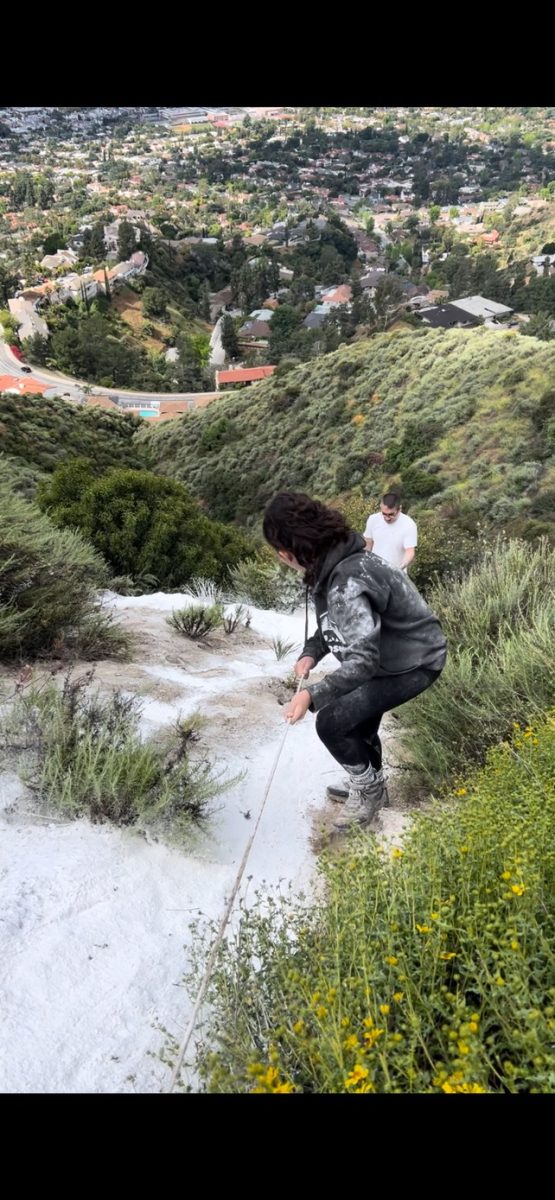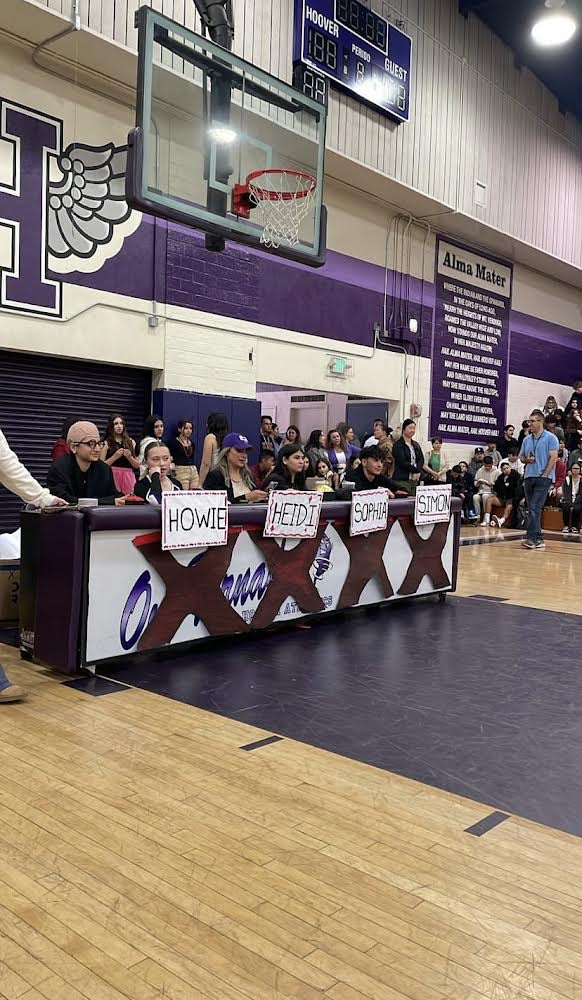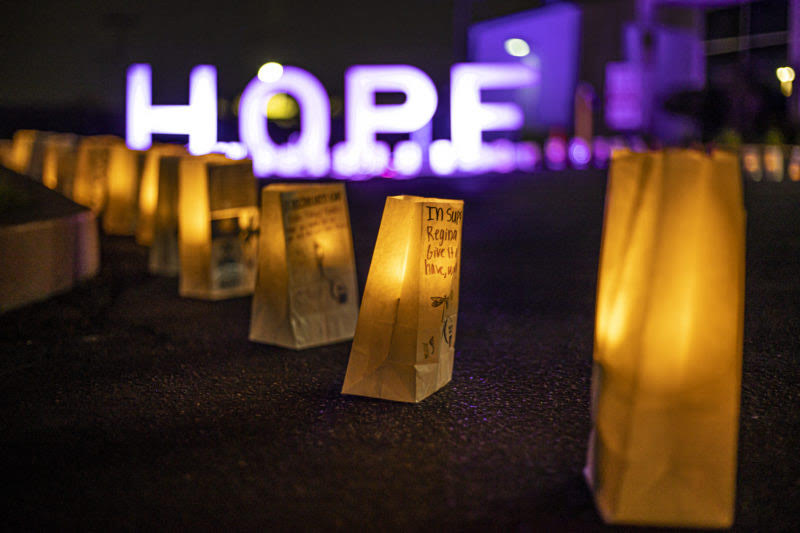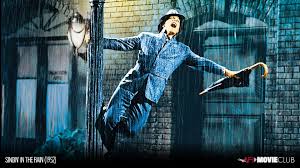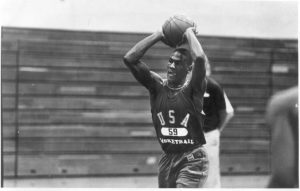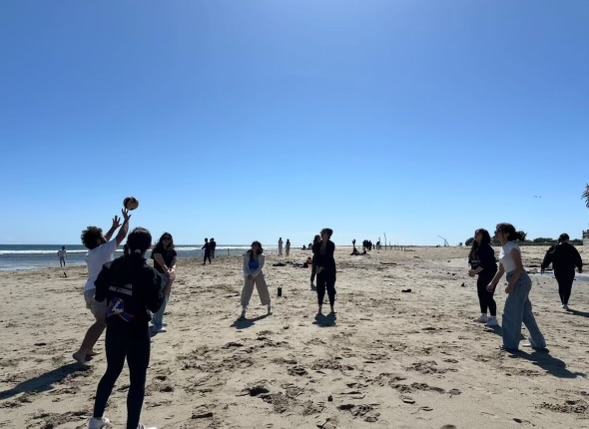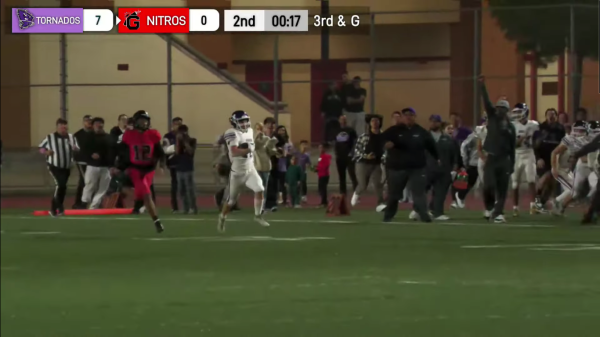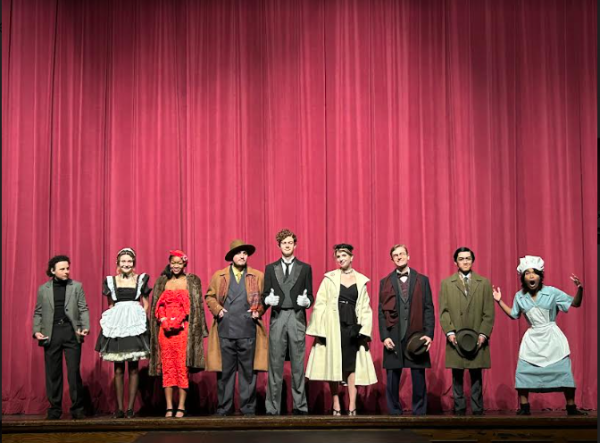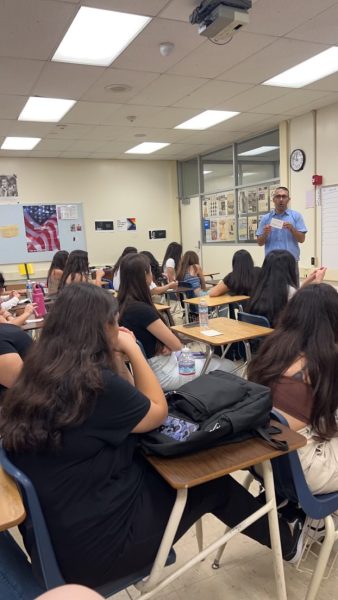Open Lunch: A Great Idea or A Huge Mistake?
Students had the opportunity to eat lunch off campus, but did this cause more chaos than fun?
November 2, 2020
Imagine you were back at Hoover’s campus. Imagine you had the option to leave school for lunch. Would you take the opportunity to eat at Brick and Flour and meet up at School Street during lunch? Would you prefer to hang out with your friends in the Upper Quad or on the streets? Well, in the 1990s, Hoover students had this option.
While Kevin Welsh was an administrator at Hoover, the school started the practice of an open lunch.
You might wonder what the rules and regulations were in order to participate.
The ninth graders were not allowed to leave campus until the second semester. Sophomores, juniors, and seniors were allowed to go off campus if they had no discipline issues and at least a C average.
In order to keep track of students, special colored lunch passes were issued for each grade level. Parents had to agree for their children to participate in off-campus lunch.
Many students, of course, loved open lunch because of the ability to leave campus, but you might wonder: “What about the freshmen?” They were not old enough to drive, and walking couldn’t give them the same amount of freedom the upperclassmen had.
Welsh, an administrator at Hoover in the 1990s and the principal at Hoover from 2005-2010, found the freshmen’s predicament hilarious.
“Since they had no wheels unless they had a friend or a sibling in the upper grades, they would just walk up and down Glenwood Road and they looked like they were auditioning as extras for The Walking Dead,” Welsh said.
What would happen if students cut class after lunch?
Consequences were given when students were tardy from lunch or cut school for the rest of the day. The students’ off-campus permit would be taken away if these actions occurred. Another way students’ privilege of participation could be cut is if local businesses or restaurants complained about a student’s behavior to the school.
You would think that this sounds amazing, but Welsh stated that students soon lost interest.
“After a while, the great desire to go off campus for lunch just seemed to evaporate on its own as more fun ASB and other activities were happening at lunch,” Welsh said.
As for teachers, Kathy Angers, an Advanced English teacher at Hoover, believed, and continues to believe, that this policy is disruptive to an academic day.
“Off-campus lunch does not fit the culture of a school whose routine practices should be reinforcing a school culture that focuses on building a community where students thrive academically, intellectually, socially and emotionally,” Angers said.
Soon after, off-campus lunch was halted, partly due to increased tardiness and safety issues. More importantly, according to Welsh, “The district wanted campuses to be tightened up a lot more due to the ugly and tragic phenomenon of school shootings that started after Columbine and sadly continued.”

